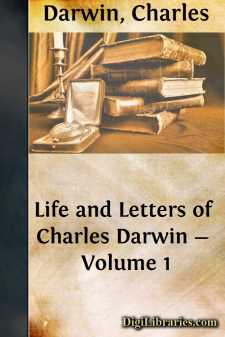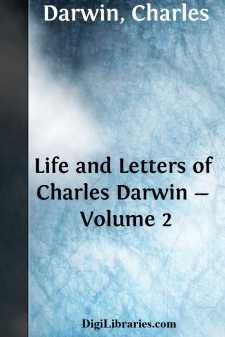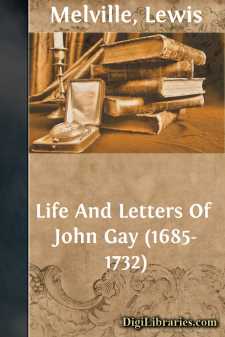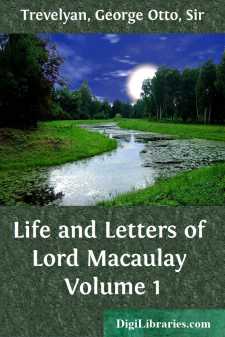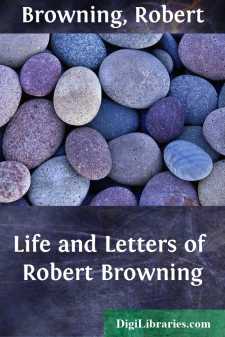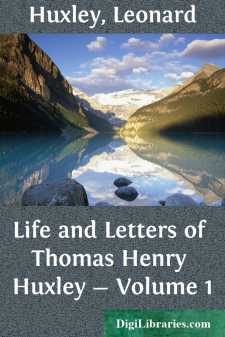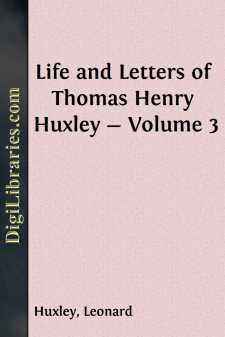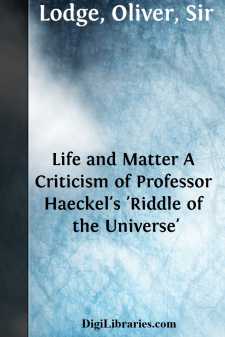Categories
- Antiques & Collectibles 13
- Architecture 36
- Art 48
- Bibles 22
- Biography & Autobiography 813
- Body, Mind & Spirit 142
- Business & Economics 28
- Children's Books 13
- Children's Fiction 10
- Computers 4
- Cooking 94
- Crafts & Hobbies 4
- Drama 346
- Education 46
- Family & Relationships 57
- Fiction 11828
- Games 19
- Gardening 17
- Health & Fitness 34
- History 1377
- House & Home 1
- Humor 147
- Juvenile Fiction 1873
- Juvenile Nonfiction 202
- Language Arts & Disciplines 88
- Law 16
- Literary Collections 686
- Literary Criticism 179
- Mathematics 13
- Medical 41
- Music 40
- Nature 179
- Non-Classifiable 1768
- Performing Arts 7
- Periodicals 1453
- Philosophy 64
- Photography 2
- Poetry 896
- Political Science 203
- Psychology 42
- Reference 154
- Religion 513
- Science 126
- Self-Help 84
- Social Science 81
- Sports & Recreation 34
- Study Aids 3
- Technology & Engineering 59
- Transportation 23
- Travel 463
- True Crime 29
Sort by:
by:
Charles Darwin
He became much tired in the evenings, especially of late years, when he left the drawing-room about ten, going to bed at half-past ten. His nights were generally bad, and he often lay awake or sat up in bed for hours, suffering much discomfort. He was troubled at night by the activity of his thoughts, and would become exhausted by his mind working at some problem which he would willingly have...
more...
by:
Charles Darwin
My dear Lyell, I send a letter from Asa Gray to show how hotly the battle rages there. Also one from Wallace, very just in his remarks, though too laudatory and too modest, and how admirably free from envy or jealousy. He must be a good fellow. Perhaps I will enclose a letter from Thomson of Calcutta; not that it is much, but Hooker thinks so highly of him… Henslow informs me that Sedgwick...
more...
by:
Lewis Melville
CHAPTER I 1685-1706EARLY YEARS The Gays were an old family, who settled in Devonshire when Gilbert le Gay, through his marriage with the daughter and heiress of Curtoyse, came into possession of the manor of Goldsworthy, in Parkham. This they held until 1630, when it passed out of their hands to the Coffins. Subsequently they were associated with the parish of Frittelstock, near Great Torrington. In...
more...
CHAPTER I. 1800-1818. Plan and scope of the work—History of the Macaulay family—Aulay—Kenneth—Johnson and Boswell—John Macaulay and hischildren—Zachary Macaulay—His career in the West Indiesand in Africa—His character—Visit of the French squadronto Sierra Leone—Zachary Macaulay's marriage—Birth of hiseldest son—Lord Macaulay's early years—His...
more...
by:
Robert Browning
Chapter 1 Origin of the Browning Family—Robert Browning's Grandfather—His position and Character—His first and second Marriage—Unkindness towards his eldest Son, Robert Browning's Father—Alleged Infusion of West Indian Blood through Robert Browning's Grandmother—Existing Evidence against it—The Grandmother's Portrait. A belief was current in Mr. Browning's...
more...
by:
Leonard Huxley
1825-1842. [In the year 1825 Ealing was as quiet a country village as could be found within a dozen miles of Hyde Park Corner. Here stood a large semi-public school, which had risen to the front rank in numbers and reputation under Dr. Nicholas, of Wadham College, Oxford, who in 1791 became the son-in-law and successor of the previous master. The senior assistant-master in this school was George...
more...
by:
Leonard Huxley
CHAPTER 2.1. 1870. [With the year 1870 comes another turning-point in Huxley's career. From his return to England in 1850 till 1854 he had endured four years of hard struggle, of hope deferred; his reputation as a zoologist had been established before his arrival, and was more than confirmed by his personal energy and power. When at length settled in the professorship at Jermyn Street, he was so...
more...
by:
Leonard Huxley
1887. [The first half of 1887, like that of the preceding year, was chequered by constant returns of ill-health.] "As one gets older," [he writes in a New Year's letter to Sir J. Donnelly, "hopes for oneself get more moderate, and I shall be content if next year is no worse than the last. Blessed are the poor in spirit!" [The good effects of the visit to Arolla had not outlasted...
more...
A 1 Abilities—No man's abilities are so remarkably shining, as not to stand in need of a proper opportunity, a patron, and even the praises of a friend, to recommend them to the notice of the world. —Pliny. Absence, with all its pains,Is by this charming moment wip'd away. 3 Abuse is the weapon of the vulgar. —Goodrich. It is told of Admiral Collingwood that on his travels he carried a...
more...
by:
Oliver Lodge
CHAPTER I MONISM In his recent Presidential Address before the British Association, at Cambridge, Mr Balfour rather emphasised the existence and even the desirability of a barrier between Science and Philosophy which recent advances have tended to minimise though never to obliterate. He appeared to hint that it is best for scientific men not to attempt to philosophise, but to restrict themselves to...
more...


